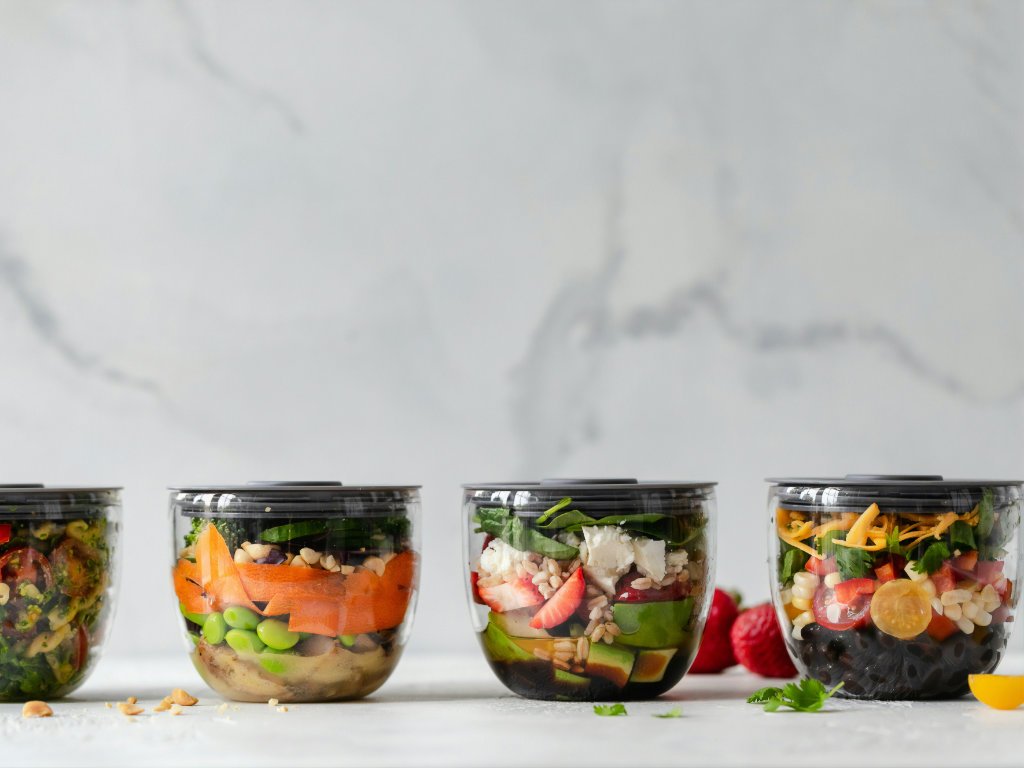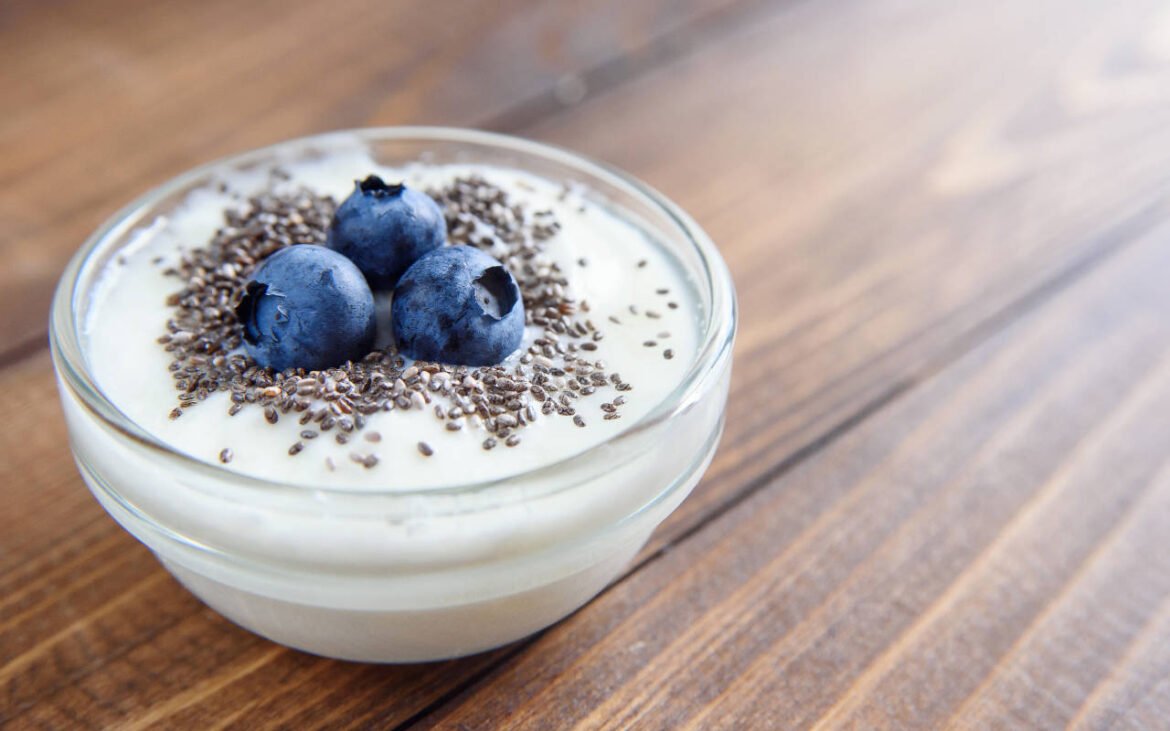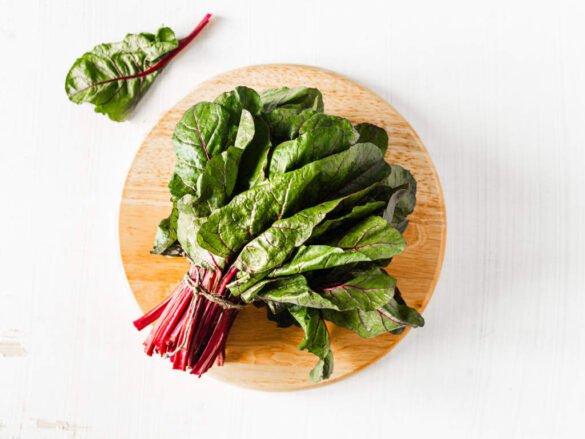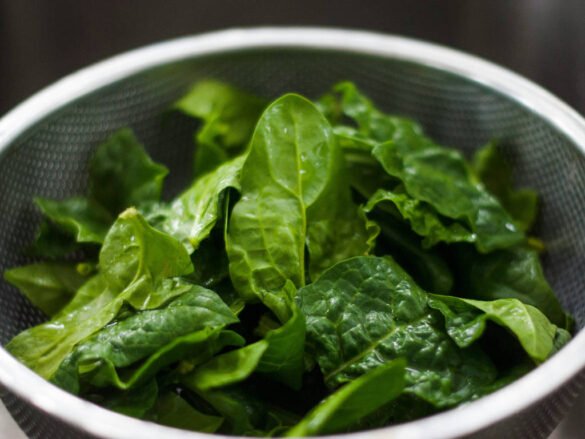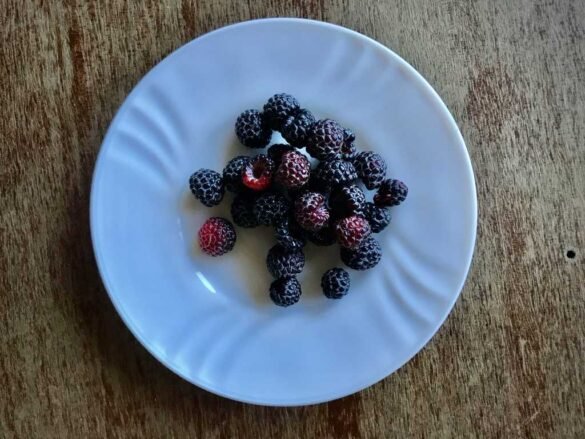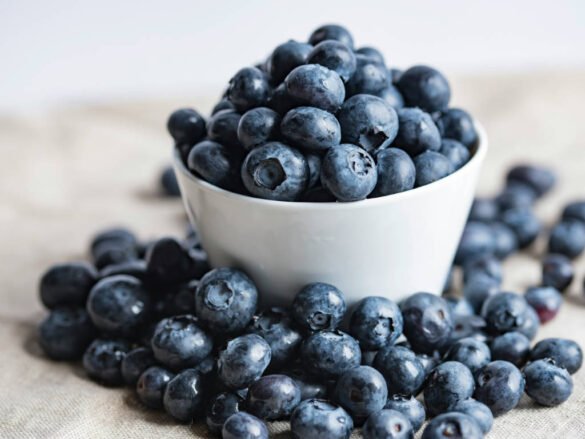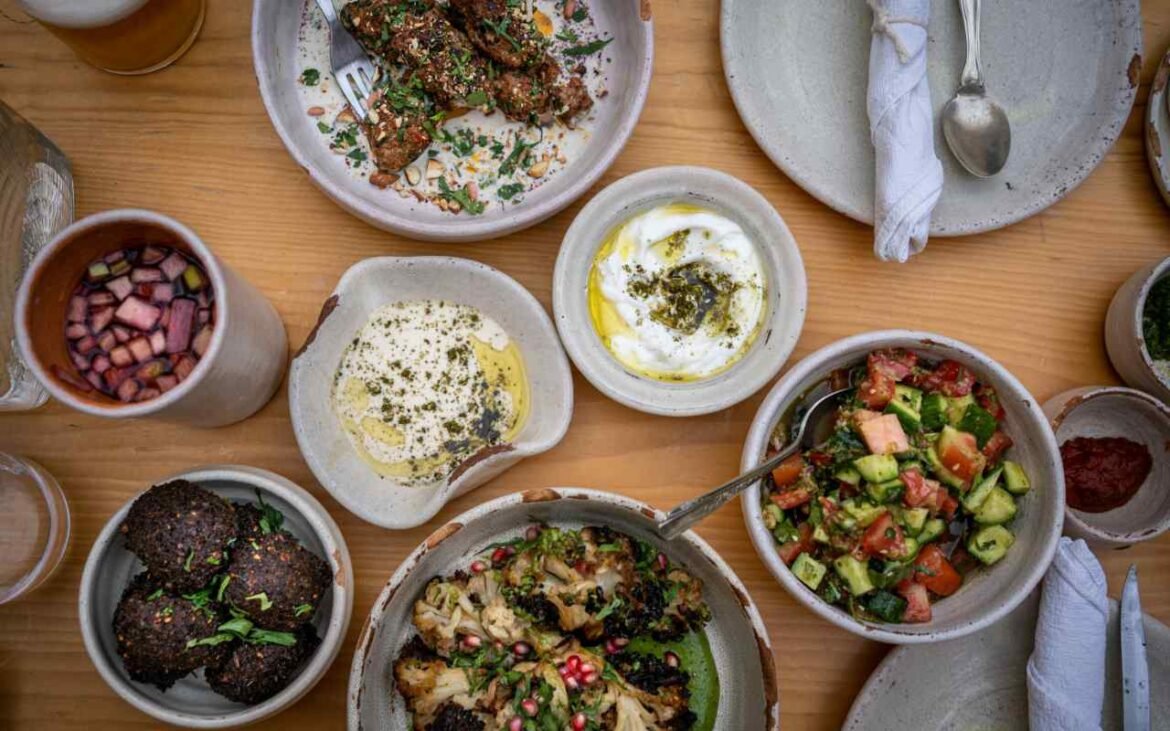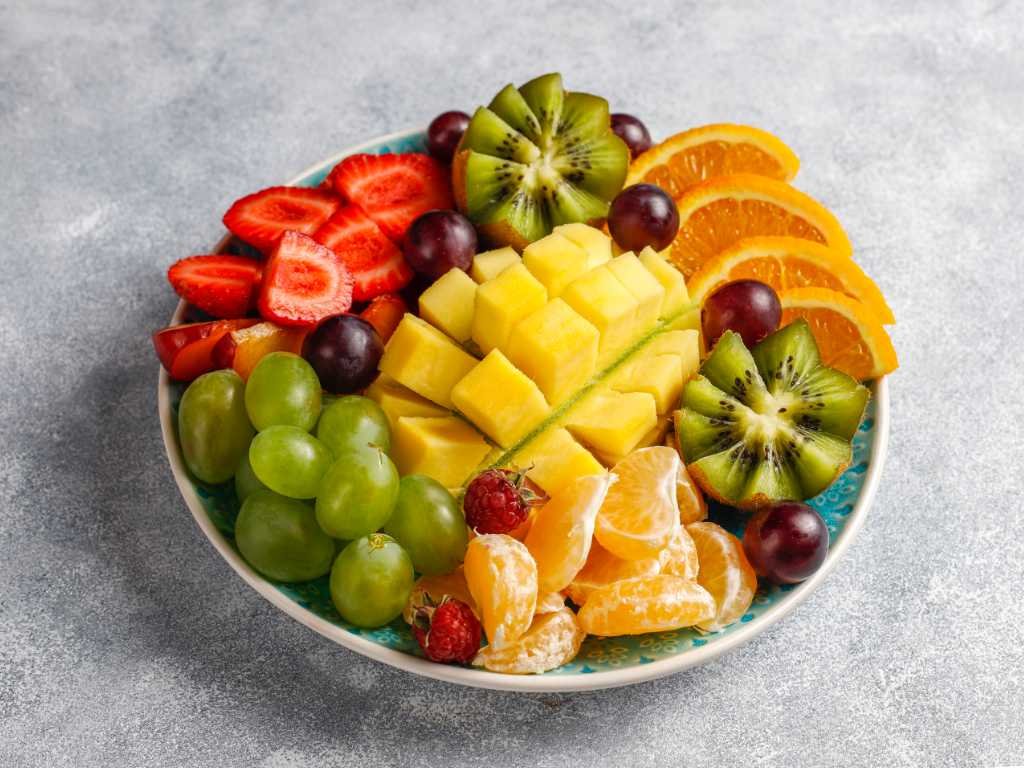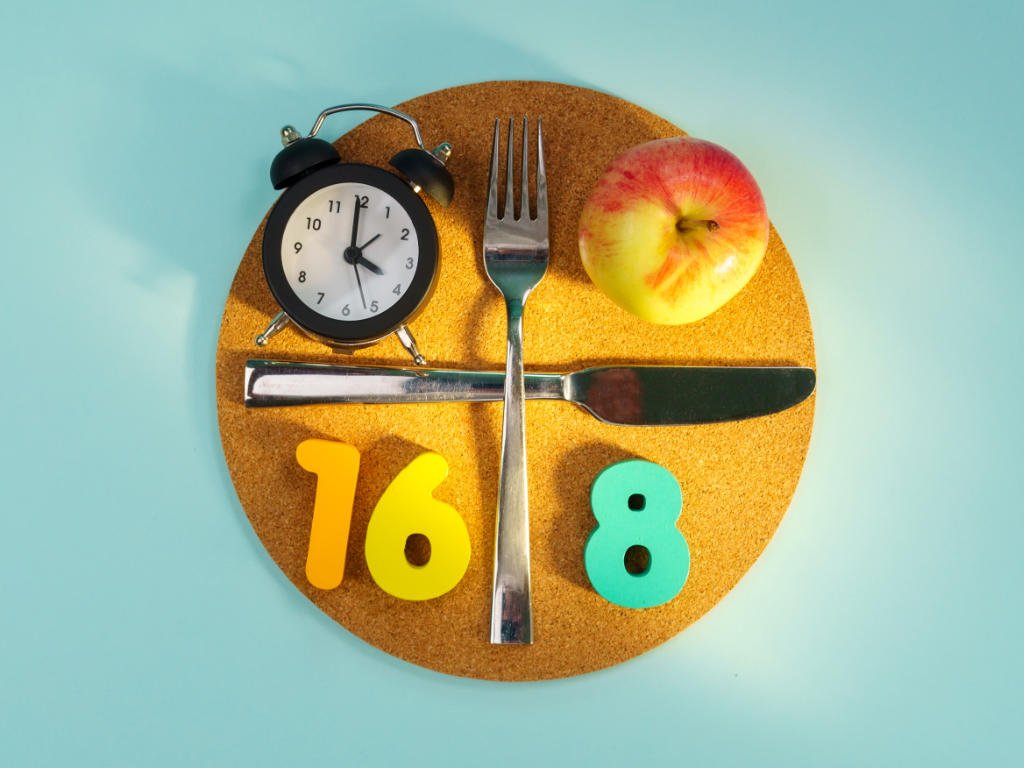Ever stood in your kitchen, staring at your spice rack, wondering if those little jars could do more than just make your food taste amazing? Well, here’s something that might surprise you – those metabolism boosting spices sitting right there could be your secret weapons for naturally increasing your body’s calorie-burning power.
You know that feeling when you eat something spicy and suddenly feel warmer, maybe even start sweating a bit? That’s not just your imagination – that’s your metabolism getting a gentle kick in the right direction. And the best part? You don’t need any fancy supplements or expensive treatments. Mother Nature’s already packaged some incredible metabolism boosters in forms you probably already have in your pantry.
Understanding Your Body’s Metabolic Engine
Let’s talk about metabolism for a minute – and I promise I won’t get too sciencey on you. Think of your metabolism as your body’s internal engine that never stops running. It’s constantly converting everything you eat and drink into energy your body can use for literally everything – from keeping your heart beating to helping you think clearly to repairing that paper cut on your finger.
Here’s where it gets interesting for those of us trying to manage our weight or boost our energy levels. Your metabolic rate – basically how fast your engine runs – determines how many calories you burn throughout the day. Some people seem to have Ferrari engines (lucky them!), while others might feel like they’re running on something more like a reliable but slower sedan.
What Actually Controls Your Metabolic Speed?
Several factors influence how fast your metabolic engine runs. Muscle mass is huge – muscle tissue burns more calories even when you’re just sitting around watching Netflix. Age plays a role too (thanks a lot, biology), and genetics definitely have their say in the matter.
But here’s the good news: diet is one factor you actually have control over. According to research from Harvard Health, what you eat can influence your metabolic rate through something called the thermic effect of food. Basically, your body burns calories just digesting and processing what you eat.
And that’s where our spices for metabolism come into play. These aren’t magic bullets, but they can give your metabolic engine a gentle, natural boost that adds up over time.
The Fascinating Science Behind Metabolism Boosting Spices
You might wonder how something as simple as a pinch of spice could actually affect your metabolism. It’s pretty cool when you understand what’s happening at the cellular level.
Many metabolism boosting spices contain bioactive compounds – fancy science talk for naturally occurring chemicals that have measurable effects on your body. Some of these compounds can slightly increase your body temperature, which requires extra energy (aka calories) to maintain. Others might stimulate your nervous system in a gentle way, kind of like a milder version of caffeine.
Then there are spices that work on your hormones – particularly insulin, which plays a huge role in how your body stores or burns fat. When these hormonal systems work more efficiently, your body becomes better at using energy instead of storing it as fat.
The beauty of using natural metabolism boosters like spices is that they work with your body’s existing systems. You’re not forcing anything unnatural – you’re just giving your body’s natural processes a little extra support.
The Top 5 Metabolism-Boosting Superstars in Your Spice Rack
Let me introduce you to five incredible energy boosting spices that deserve a permanent spot in your meal rotation. Each one brings something unique to the table, and honestly, they’re all so delicious that you’ll want to use them anyway.
Cayenne Pepper: The Fiery Fat Burner

If you can handle the heat, cayenne pepper might become your new best friend. The secret weapon here is capsaicin – the compound that makes cayenne peppers hot. Studies have shown that capsaicin can increase your body temperature and boost fat burning through a process called thermogenesis.
I love adding just a tiny pinch to my morning eggs or sprinkling it into soups. Start small though – a little goes a long way! You want to feel energized, not like your mouth is on fire.
Ginger: The Digestive Dynamo
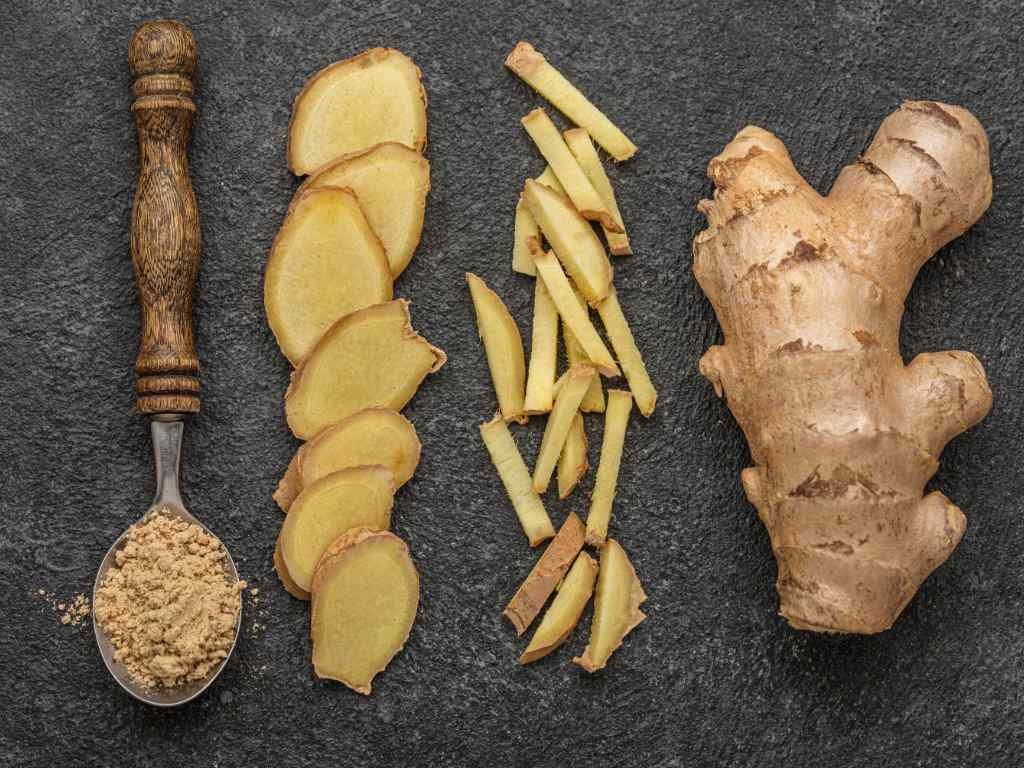
Ginger is like that reliable friend who’s always got your back. Not only does it help with digestion (which is crucial for a healthy metabolism), but it also has mild thermogenic properties. Fresh ginger in stir-fries is amazing, but I’m also obsessed with ginger tea, especially on chilly mornings.
What I love about ginger is how it makes you feel – there’s this gentle warming sensation that seems to wake up your whole system. Some people even report feeling more energetic throughout the day when they regularly include ginger in their diet.
Turmeric: The Golden Metabolism Booster

Turmeric deserves serious respect in the spices for metabolism category. The active compound curcumin has powerful anti-inflammatory properties, and here’s why that matters for metabolism – chronic inflammation can actually slow down your metabolic processes.
Adding turmeric to your routine might help your body function more efficiently overall. I love making “golden milk” with turmeric, a bit of black pepper (which helps with absorption), and some coconut milk. It’s become my evening ritual, and I swear it helps me sleep better too.
Cinnamon: The Blood Sugar Balancer

Cinnamon is probably the most user-friendly metabolism booster on this list. It tastes like dessert but works like medicine! Cinnamon helps regulate blood sugar levels and improves insulin sensitivity. When your blood sugar is stable, your body is less likely to store excess calories as fat.
I sprinkle cinnamon on everything – oatmeal, yogurt, even in my coffee. It’s one of those spices that makes healthy foods taste like a treat, which makes sticking to good eating habits so much easier.
Black Pepper: The Absorption Enhancer

Don’t underestimate humble black pepper! The compound piperine doesn’t just add flavor – it can enhance your body’s ability to absorb nutrients from other foods and may boost energy metabolism. Plus, it makes everything else work better when you combine it with other spices.
The cool thing about black pepper is that you probably already use it regularly, so you’re getting benefits without even trying. But now you know why that fresh crack of pepper on your salad is doing more than just making it taste better.
How to Actually Use These Spices in Real Life
Okay, so you’re convinced these metabolism boosting spices are worth trying. But how do you actually incorporate them into your daily routine without completely overhauling your diet or spending hours in the kitchen?
Quick and Easy Spice Combinations
Here’s what I do – I create little spice blends and keep them handy. Mix cayenne, turmeric, and black pepper together for an instant metabolism boost that you can sprinkle on roasted vegetables, eggs, or even popcorn (trust me on this one).
For something milder, try cinnamon with a tiny bit of ginger in your morning coffee or smoothie. It’s like a gentle wake-up call for your metabolism that tastes amazing.
Simple Daily Additions
- Morning routine: Add ginger to your herbal tea or smoothie
- Cooking: Keep a salt-pepper-cayenne blend by your stove
- Snack time: Sprinkle cinnamon on apple slices or yogurt
- Dinner prep: Include turmeric in rice, quinoa, or roasted vegetables
The key is consistency, not perfection. You don’t need to use all five spices every day – just pick one or two and make them part of your routine until it becomes second nature.
Smart Ways to Maximize the Benefits
If you really want to optimize these natural metabolism boosters, there are some strategic ways to use them that can enhance their effects.
Timing Matters
Some people swear by having a bit of cayenne or ginger in the morning to kickstart their metabolism for the day. Others prefer cinnamon with their post-workout meal to help with recovery and blood sugar balance.
Personally, I think the best time is whenever you’ll actually remember to use them consistently. That said, having metabolism-boosting spices earlier in the day means you get more time to benefit from any energy-boosting effects.
Pairing for Success
These spices work even better when combined with other healthy eating habits. Try adding them to meals that already include lean proteins, healthy fats, and complex carbohydrates. The combination supports stable blood sugar and sustained energy levels.
For example, a breakfast of eggs with cayenne, avocado, and whole grain toast gives you protein, healthy fats, complex carbs, and a metabolism boost all in one meal. That’s what I call working smarter, not harder.
Don’t Forget About Hydration
Here’s something most people overlook – staying well-hydrated actually supports your metabolism. Try making spiced waters or teas with ginger, cinnamon, or turmeric. You’ll get the metabolic benefits plus help your body function optimally overall.
What to Expect and When
Let’s set realistic expectations here. Metabolism boosting spices aren’t going to transform you overnight into someone who can eat pizza every day without consequences (wouldn’t that be nice though?). But they can provide gentle, sustainable support for your metabolic health.
Short-term Effects
Within the first week or two of regularly using these spices, you might notice:
- Slightly more consistent energy levels
- Better digestion
- Feeling warmer after meals (especially with cayenne or ginger)
- More stable appetite throughout the day
Long-term Benefits
After a month or more of consistent use, many people report:
- Better overall energy
- Improved body composition when combined with good diet and exercise
- Enhanced recovery from workouts
- Better tolerance for physical activity
Remember, these spices work best as part of an overall healthy lifestyle. They’re like the supporting actors in your wellness story – important, but not the whole show.
Important Health Considerations
While these spices for metabolism are generally safe for most people, there are some things to keep in mind, especially if you have existing health conditions.
When to Be Cautious
If you have ulcers, severe acid reflux, or other digestive issues, start very slowly with spicy options like cayenne. Some people find that certain spices can irritate sensitive stomachs.
Also, if you’re taking medications – particularly blood thinners or diabetes medications – check with your healthcare provider before dramatically increasing your intake of spices like ginger or cinnamon, as they can affect blood clotting and blood sugar levels.
Signs You Might Be Overdoing It
Your body will usually tell you if you’re using too much of any spice. Watch out for:
- Persistent stomach upset
- Heartburn that doesn’t go away
- Feeling jittery or overstimulated
- Any unusual digestive symptoms
The good news is that effective amounts of these spices are usually quite small, so side effects aren’t common when you use them sensibly.
Beyond Metabolism: The Bonus Benefits
Here’s the thing about focusing on metabolism boosting spices – you end up getting so many other health benefits that it’s like winning the lottery of nutrition.
Anti-inflammatory Powerhouses
Most of these spices have significant anti-inflammatory properties. Chronic inflammation is linked to everything from joint pain to heart disease, so reducing it supports your overall health in ways that go far beyond metabolism.
Antioxidant Protection
Spices are incredibly rich in antioxidants, which help protect your cells from damage. This can support everything from skin health to brain function to immune system strength.
Digestive Health Support
Many metabolism-boosting spices also support healthy digestion, which is foundational to overall wellness. When your digestive system works efficiently, you absorb nutrients better and feel more energetic naturally.
Frequently Asked Questions About Metabolism Boosting Spices
Can spices really make a significant difference in weight loss?
While spices aren’t magic weight-loss solutions, they can provide modest support for metabolism and may help with appetite control and energy levels. They work best when combined with a balanced diet and regular physical activity.
How much of these spices do I need to eat to see benefits?
Most research suggests that even small amounts – often just 1/4 to 1/2 teaspoon daily – can provide metabolic benefits. Start small and gradually increase based on your tolerance and preferences.
Are there any spices I should avoid if I’m trying to boost metabolism?
Generally, the spices mentioned in this article are safe for most people. However, if you have specific health conditions or take medications, it’s always wise to consult with a healthcare provider before making significant dietary changes.
Can I take these spices in supplement form instead?
While supplements are available, getting these compounds from actual spices in food is generally preferred. Food sources provide additional nutrients and are typically better absorbed by the body.
How long does it take to see results from metabolism boosting spices?
Some people notice immediate effects like increased warmth or energy, while metabolic changes typically take several weeks of consistent use to become apparent. Focus on making spices a regular part of your routine rather than looking for quick fixes.
The Bottom Line on Spicing Up Your Metabolism
Metabolism boosting spices offer a delicious, natural way to support your body’s energy systems without relying on expensive supplements or extreme measures. They’re not miracle workers, but they are reliable allies in your journey toward better health and sustained energy.
The beauty of this approach is its simplicity and sustainability. You’re not eliminating entire food groups or forcing yourself to choke down unpalatable health concoctions. You’re just making your food tastier while giving your metabolism a gentle boost.
Start with whichever spice appeals to you most – maybe cinnamon if you have a sweet tooth, or ginger if you love Asian flavors. Use it consistently for a few weeks and pay attention to how you feel. Then gradually add others to your rotation.
Remember, the best natural metabolism boosters are the ones you’ll actually use regularly. So choose the spices that make your food more enjoyable, not less. When healthy choices taste good, they stop feeling like sacrifices and start feeling like treats.
If you’re interested in exploring more ways to naturally support your metabolic health, check out our comprehensive guide on foods that boost weight loss and discover how to create a complete approach to wellness that includes both nutrition and lifestyle factors.
Your spice rack might just be the most underutilized tool in your wellness toolkit. Time to put those little jars to work! Start experimenting today, and discover how these simple additions can make your meals more flavorful and your metabolism more efficient.





